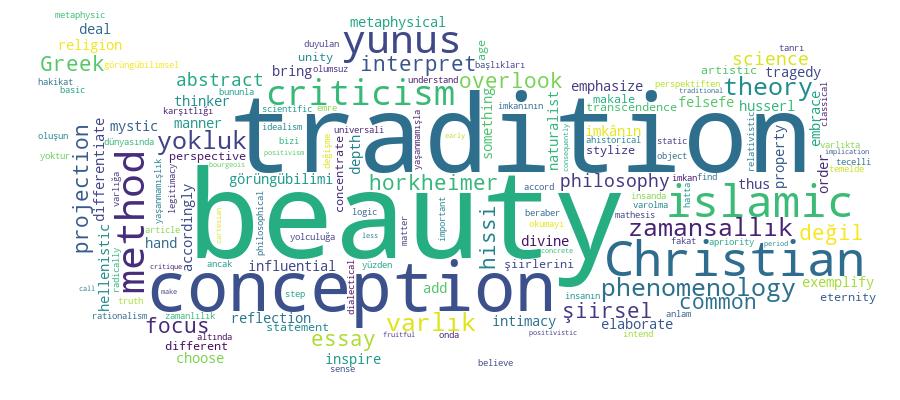Türker, Habip
Loading...

Profile URL
Name Variants
Turker, Habip
Habip Türker
Habip Türker
Job Title
Doç. Dr.
Email Address
Main Affiliation
Department of Philosophy / Felsefe Bölümü
Status
Former Staff
Website
ORCID ID
Scopus Author ID
Turkish CoHE Profile ID
Google Scholar ID
WoS Researcher ID
Sustainable Development Goals
SDG data is not available

This researcher does not have a Scopus ID.

This researcher does not have a WoS ID.

Scholarly Output
3
Articles
2
Views / Downloads
14/0
Supervised MSc Theses
0
Supervised PhD Theses
0
WoS Citation Count
1
Scopus Citation Count
4
WoS h-index
1
Scopus h-index
1
Patents
0
Projects
0
WoS Citations per Publication
0.33
Scopus Citations per Publication
1.33
Open Access Source
0
Supervised Theses
0
Google Analytics Visitor Traffic
| Journal | Count |
|---|---|
| Kutadgubilig: Felsefe Bilim Araştırmaları | 1 |
| PHILOSOPHY & SOCIAL CRITICISM | 1 |
| SHARING POETIC EXPRESSIONS: BEAUTY, SUBLIME, MYSTICISM IN ISLAMIC AND OCCIDENTAL CULTURE | 1 |
Current Page: 1 / 1
Competency Cloud


